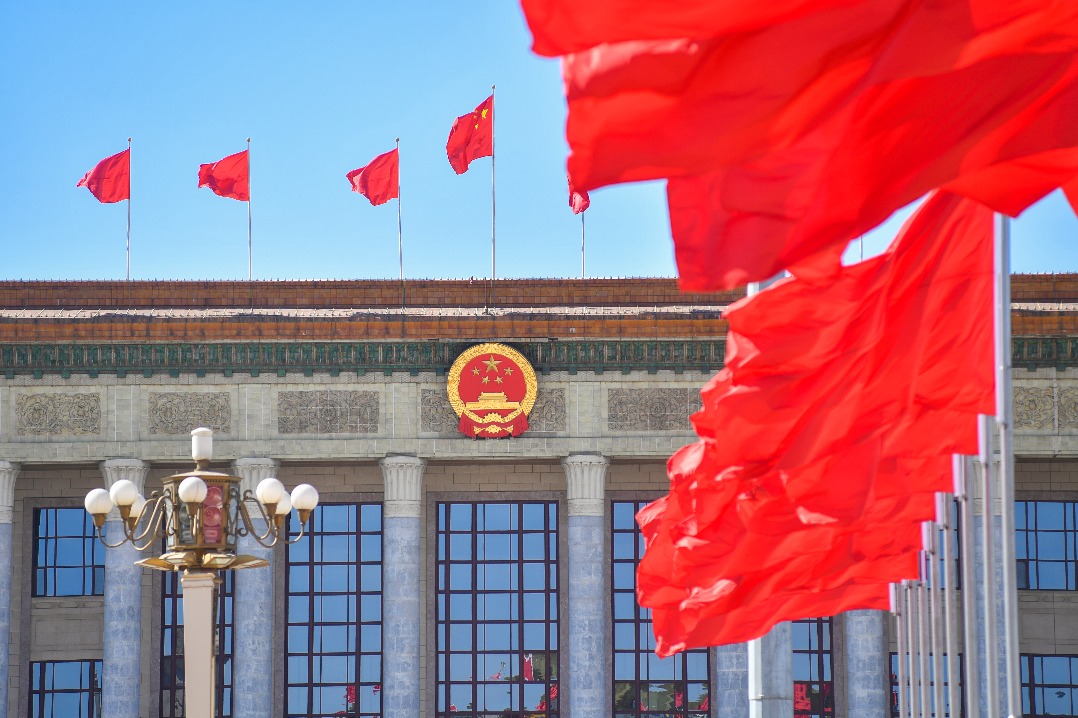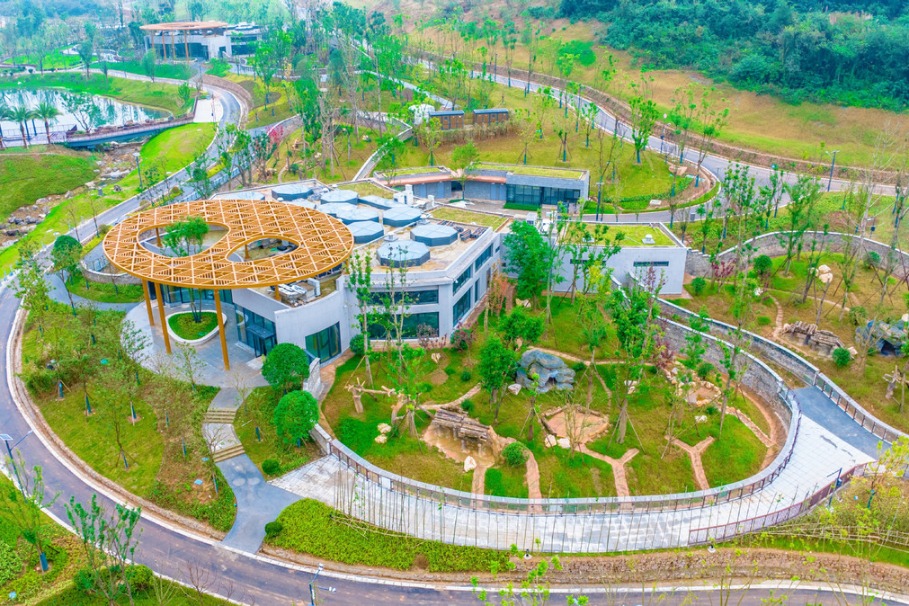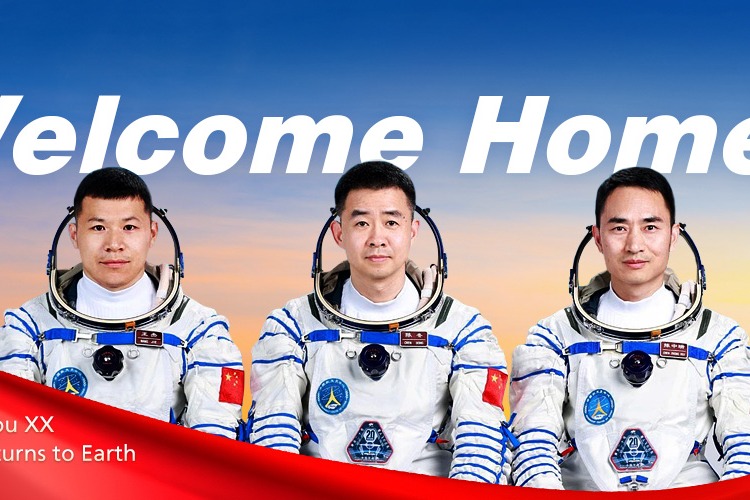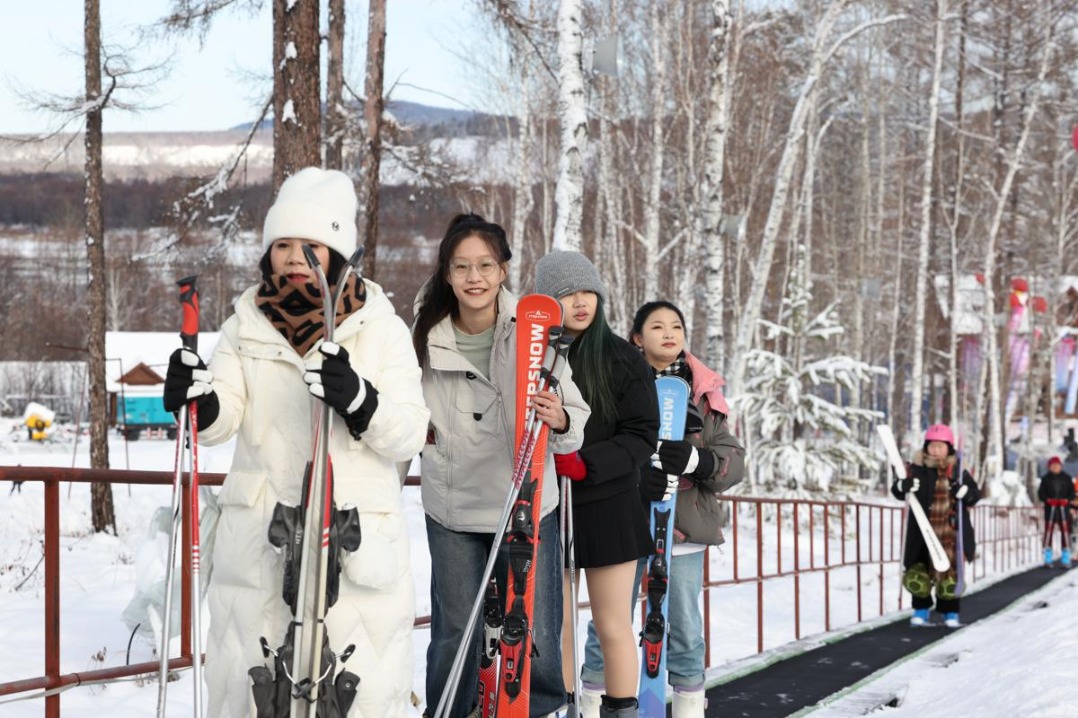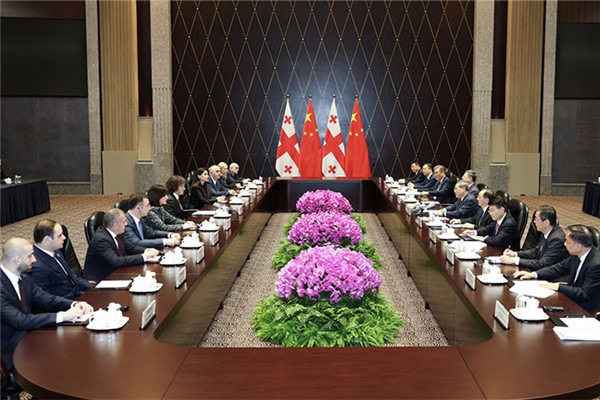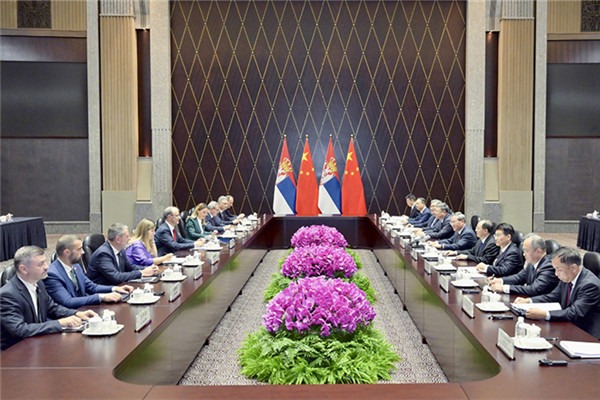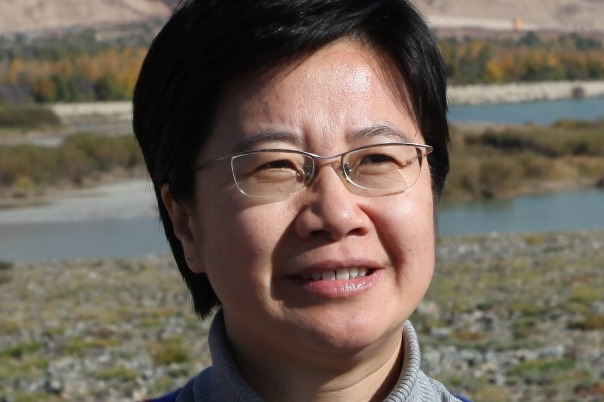Intl experts call for multisectoral approach to urban health strategies

Global experts have highlighted the urgency with which a collaborative, multisectoral and transdisciplinary approach is needed to optimize health outcomes and develop a resilient, equitable and sustainable urban future amid rapid urbanization at a recent conference in Beijing.
Liu Jian, former chief scientist and former director of the Science Division at the United Nations Environment Programme, emphasized the severity of the triple planetary crisis — climate change, biodiversity loss and pollution — and underscored the foundational role of science in policy formulation and global cooperation.
Gao Fu, an academician at the Chinese Academy of Sciences, echoed Liu's views from the perspective of public health challenges, calling for enhanced global collaboration in the field of "One Health".
Suraj Bhattarai, a researcher from the London School of Hygiene & Tropical Medicine, highlighted the case of melioidosis in Nepal to shed light on the hidden disease burdens that exist at the human-animal-environment interface.
Jooyoung Park, an associate professor at Seoul National University, elaborated on building more sustainable and healthy cities through urban metabolism analysis and circular economy strategies.
Huang Cunrui, a professor at Tsinghua University, highlighted the severe impacts posed by climate change, such as extreme heat, on the health of vulnerable urban populations.
Drawing from practical experience in Nigeria, Akinyinka Omigbodun, an academician at the Nigerian Academy of Science, discussed the health challenges arising from human-animal cohabitation in peri-urban transition zones.
Liu Jue, a research professor at Peking University, explored the complex relationship between urbanization and the burden of infectious diseases, based on big data analysis.
The conference, themed "One Health in Rapid Urbanization", was co-organized by the International Science Council's Urban Health and Wellbeing Programme, the Chinese Society of Biotechnology, and the Belt and Road Alliance of Urban Environmental Health, with joint support from the Research Center for Eco-Environmental Sciences of the Chinese Academy of Sciences, and the Institute of Urban Environment of the Chinese Academy of Sciences, as well as the One Sustainable Health Institutes.
- Intl experts call for multisectoral approach to urban health strategies
- Exercise may have more significant heart-protecting effect on women: research
- Shenzhou XX crew's return trip delayed due to space debris risk
- Wuxi partners with iFlytek to launch AI industrial park
- China announces top journalism award winners
- Party plenum: Charting the course for the 15th Five-Year Plan period (2026-30)
















